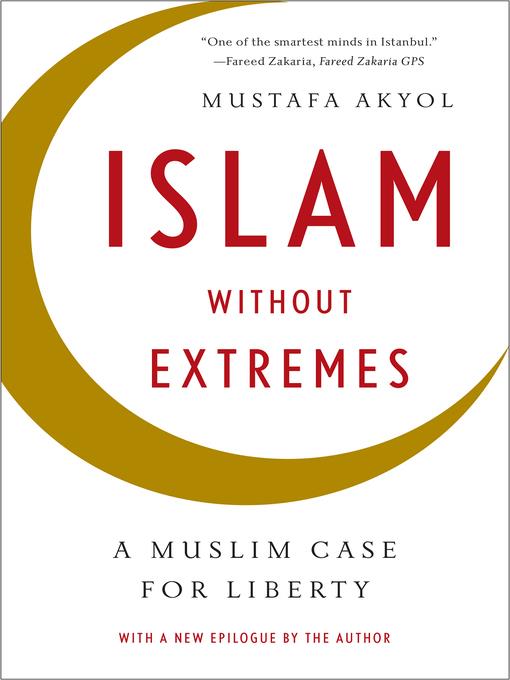
Islam without Extremes
A Muslim Case for Liberty
کتاب های مرتبط
- اطلاعات
- نقد و بررسی
- دیدگاه کاربران
نقد و بررسی

July 18, 2011
Turkish journalist Akyol clarifies the complexities and contradictions of Islam in this indispensable book. He demonstrates how the harsh tribal cultures of the Arabian desert in the 7th century shaped Islam for centuries since their traditions evolved into unquestioned rules that were often at odds with the Qur'an. The Qur'an stresses family, rights for women, protection of the weak, the use of reason, and the freedom to chooseâteachings similar to Jewish and Christian writings of the time. After Muhammad's death, opposing forces (adhering to tradition or the employment of reason as guides for life) clashed bitterly for centuries, their tribal harshness creating a political Islam. Yet Akyol argues that the Qur'an doesn't even include a definition of government. The resulting Islamic political systems are the products of men attempting to recreate the caliphate of 7th century Arabia, a goal that Akyol argues is impractical. This even-handed scholarly work, which also helps explain the rise of the Taliban and other extremists, makes Islam accessible to Western readers.

May 1, 2014
A probing examination of how certain cultural and political interpretations of the Qur'an have translated into Islamic extremism in the modern world.
Copyright 2014 Library Journal, LLC Used with permission.

























دیدگاه کاربران